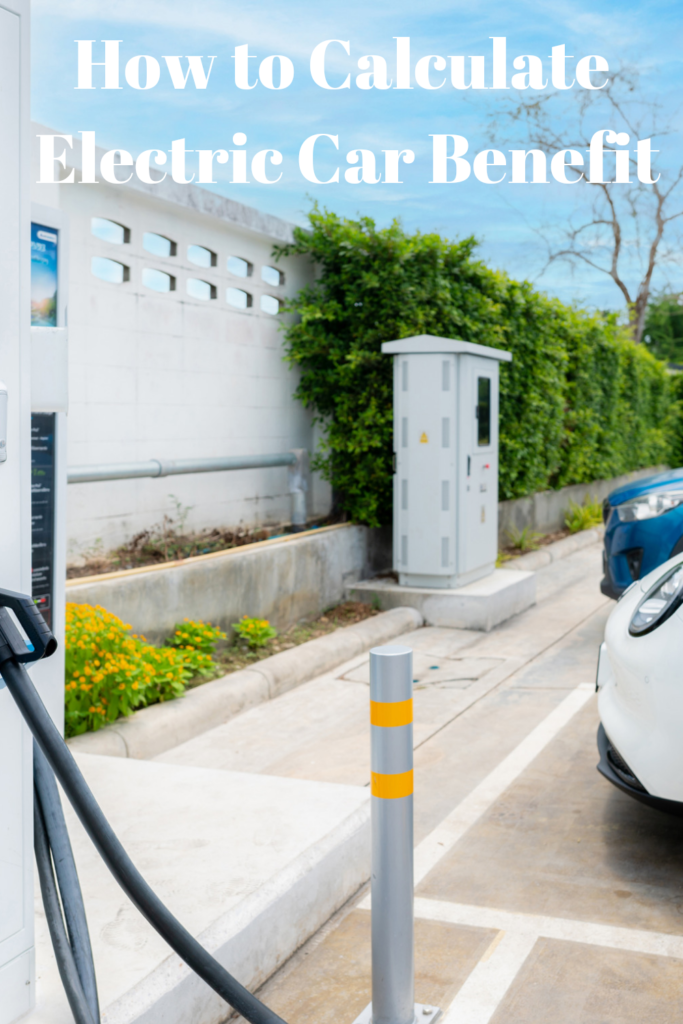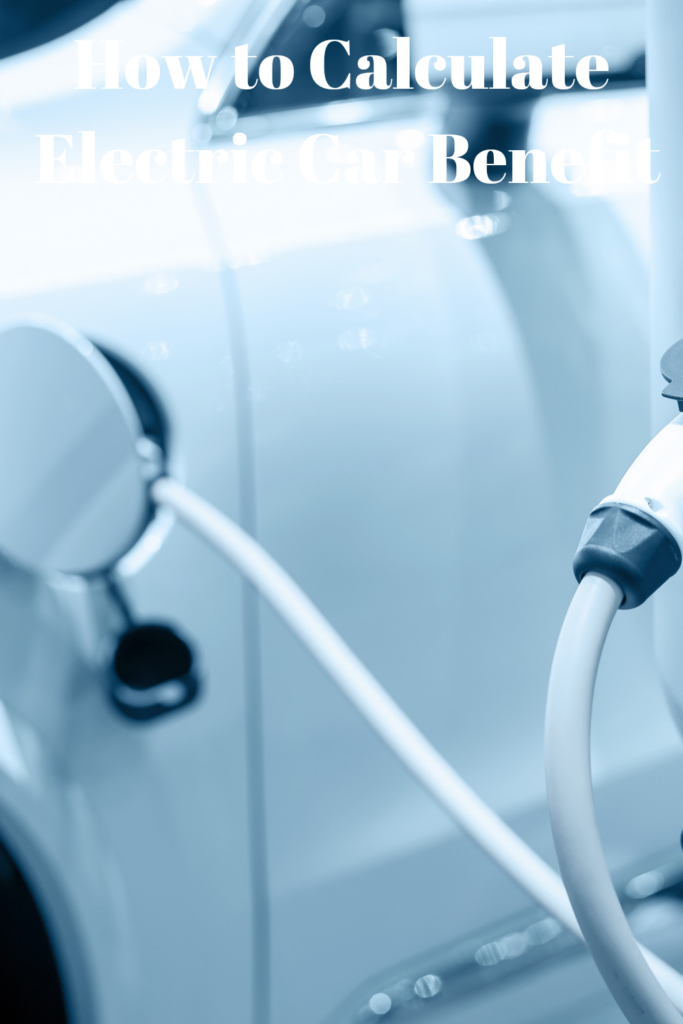How to Calculate Electric Car Benefit
Step 1: Gather Information on Fuel Efficiency
The first step in calculating the benefits of owning an electric car compared to a gasoline-powered car is to gather information on the fuel efficiency of both vehicle types.

Look up the average miles per gallon (MPG) for gasoline cars and the average kilowatt-hour per 100 miles (kWh/100 miles) for electric cars.
For example, let’s assume the average gasoline car has an MPG of 30, while the average electric car has a kWh/100 miles of 30.
Step 2: Calculate Fuel Savings
Next, calculate the fuel savings of owning an electric car. Consider the average annual mileage you drive and divide it by the fuel efficiency of each vehicle type.
Multiply the result by the current fuel prices for gasoline and electricity to determine the annual savings.
For instance, if you drive 10,000 miles per year and the current price of gasoline is $3 per gallon, while electricity costs $0.12 per kWh, the calculation would be as follows:
Gasoline car fuel cost: (10,000 miles / 30 MPG) * $3 per gallon = $1,000
Electric car fuel cost: (10,000 miles / 30 kWh/100 miles) * $0.12 per kWh = $40
Therefore, the fuel savings from owning an electric car would be $960 per year in this example.
Step 3: Assess Maintenance Costs
Consider the maintenance costs associated with electric cars compared to gasoline cars.
Electric cars tend to have lower maintenance costs since they have fewer moving parts, no oil changes, and fewer mechanical components to maintain.

Research the average annual maintenance costs for both vehicle types and estimate the difference.
For example, let’s assume the average annual maintenance cost for a gasoline car is $800, while an electric car’s maintenance cost is $500.
Step 4: Calculate Maintenance Savings
To calculate the maintenance savings, subtract the maintenance cost of the electric car from the maintenance cost of the gasoline car. In this case:
Maintenance savings = $800 – $500 = $300 per year
Step 5: Consider Environmental Impact
Evaluate the environmental benefits of owning an electric car. Electric cars produce zero tailpipe emissions, reducing air pollution and mitigating climate change.
Research information on the average emissions per mile for a gasoline car and estimate the carbon footprint of an electric car based on energy sources in your region.
Use this data to assess the environmental advantages.
For instance, if the average gasoline car emits 4.6 metric tons of CO2 per year, while an electric car emits 2 metric tons due to the electricity being sourced from renewable energy, the carbon footprint reduction would be 2.6 metric tons per year.
Step 6: Address Common Misconceptions
Address common misconceptions or myths about electric cars, such as limited range, longer charging times, and the source of electricity being coal-dependent.
Explain that modern electric cars have significantly improved range, with some models reaching over 300 miles on a single charge.
Additionally, highlight the increasing availability of fast-charging stations and the transition toward renewable energy sources in many regions.
Step 7: Accurately Assess Financial and Environmental Advantages
Combine the annual fuel savings, maintenance savings, and environmental benefits to determine the overall advantage of owning an electric car.
In this example, the financial benefits would be $960 (fuel savings) + $300 (maintenance savings) = $1,260 per year.
The environmental benefit would be a reduction of 2.6 metric tons of CO2.
Step 8: Provide Real-Life Examples and Data
Support the calculations with real-life examples and data. Share stories of electric car owners who significantly reduced their fuel and maintenance costs, as well as their carbon footprint.

Include statistics and studies that demonstrate the average savings and environmental impact of electric cars.
Step 9: Encourage Action for a Sustainable Future
Conclude the guide with a persuasive call-to-action, encouraging readers to consider the benefits of electric cars for a sustainable future. Emphasize the financial savings, reduced environmental impact, and advancements in electric vehicle technology.
Urge readers to research and test drive electric cars to experience the benefits firsthand, supporting a shift towards a greener transportation system.
By providing a step-by-step guide with detailed explanations, real-life examples, and data-driven calculations, readers can accurately assess the financial and environmental advantages of electric cars and hopefully make more informed decisions for a sustainable future.
